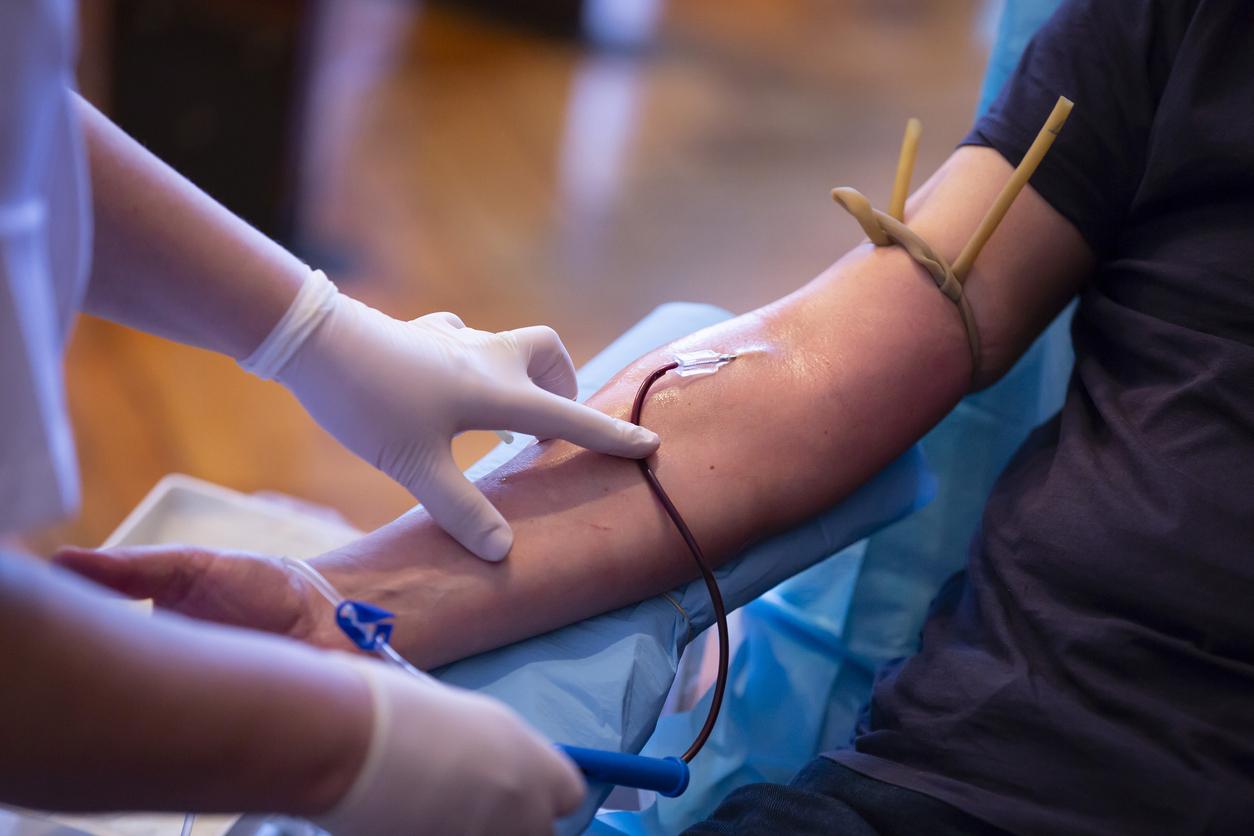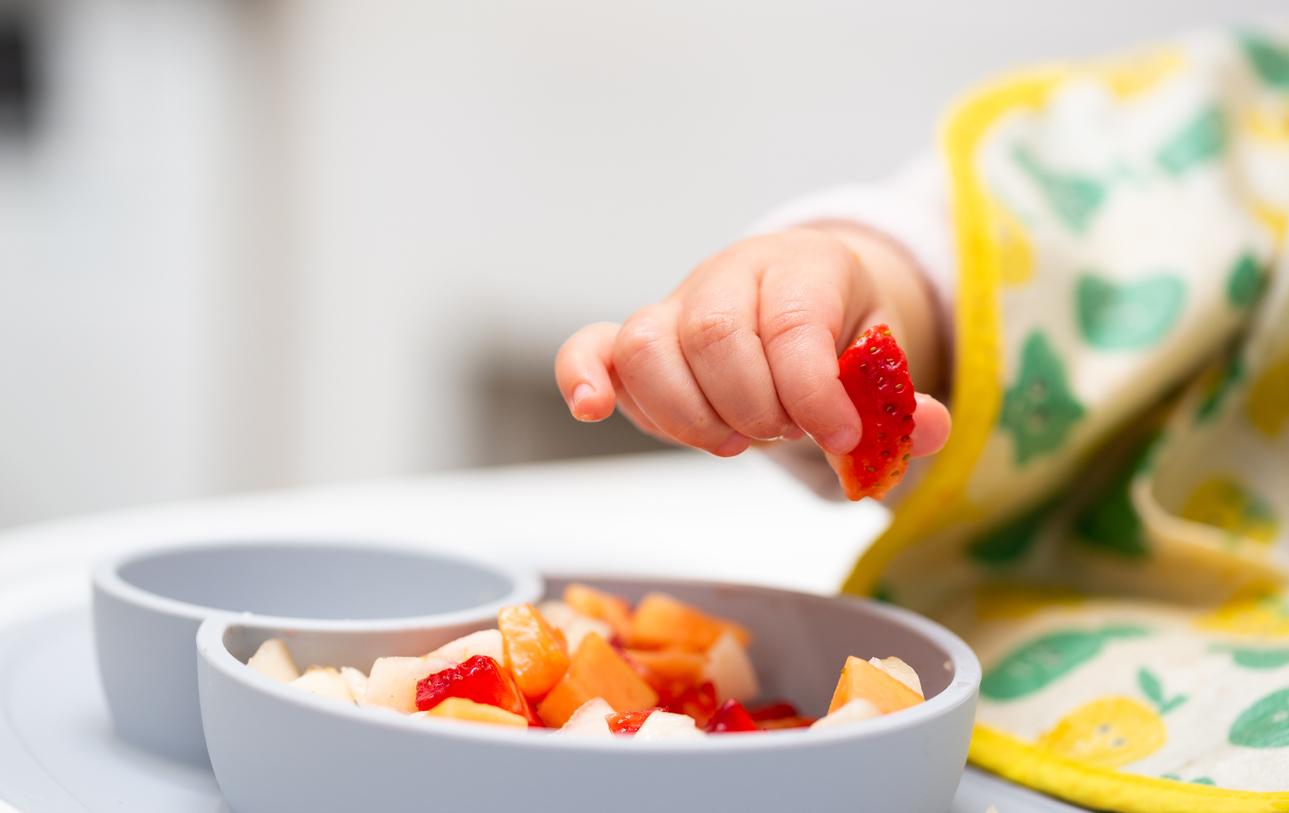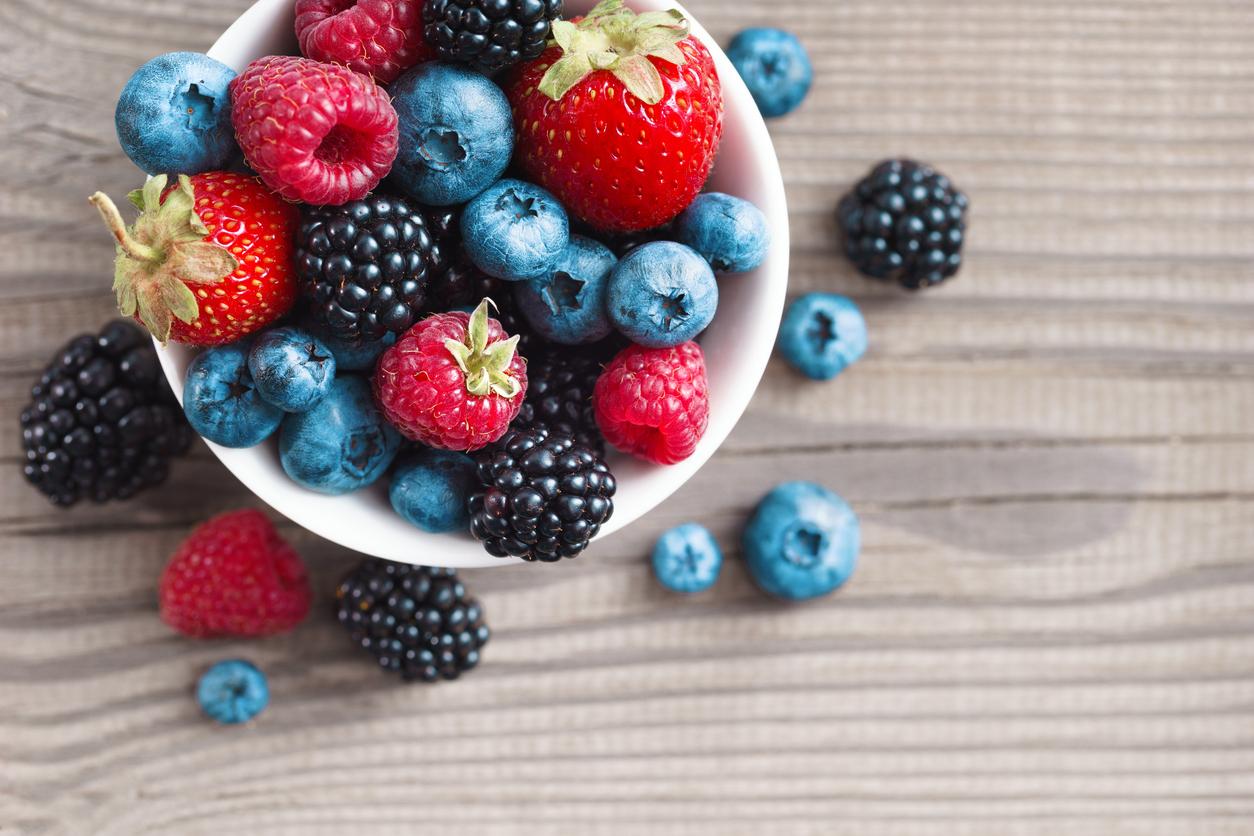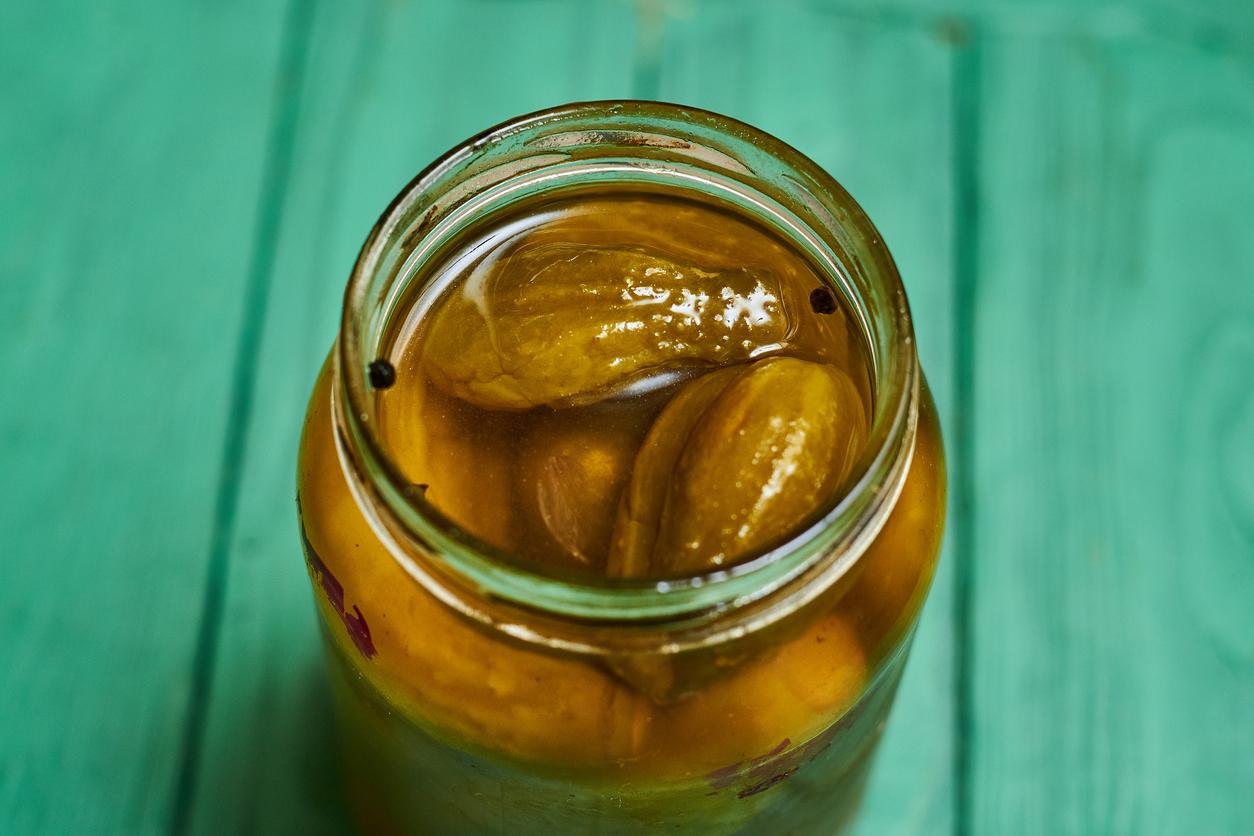People receiving a blood transfusion, especially children, may experience allergic reactions because of allergens in the donor’s blood.

- Young patients with food allergies may have allergic reactions depending on the donor’s diet.
- For eggs, donations made four hours after eating them resulted in more allergic reactions.
- Taking the data from this study into account could, ultimately, make blood transfusions safer.
What you eat before donating blood matters! Indeed, according to a new study published in the journal Allergy, food from a blood donor can cause allergic reactions in recipients, particularly when they are children.
Analyze the response of white blood cells involved in allergies
“Since food allergies are more common among children, we decided to investigate whether the food consumed by the donor before donating blood could be associated with the development of allergic reactions in children with food allergies.“, explains Dr. Ryu Yanagisawa, lead author of this study, in a communicated.
To verify their hypothesis, the scientists conducted a survey between May 2022 and December 2023. They analyzed blood samples from more than 100 child patients allergic to common foods such as eggs, wheat or milk. They also examined the blood of healthy donors before and after consuming significant amounts of these allergenic foods. The scientists then observed the response of basophils, a type of white blood cell involved in allergic reactions, in the young recipient patients.
Allergic reactions depending on diet
The immune system reacted to blood from donors, depending on what they ate. In detail, basophil activation levels were higher when donors had eaten eggs and recipients were allergic to them. Additionally, donations made four hours after eating eggs resulted in more allergic reactions than those made two hours later.
More research needs to be done to understand the link between diet and allergic reactions during blood transfusions. But, ultimately, taking into account the results of this study could reduce the risks of side effects in allergic patients. During blood transfusions, they can be very dangerous and even potentially fatal.
“In the future, it may be possible to predict in advance who is likely to suffer an allergic reaction, concludes Dr. Ryu Yanagisawa. Preventative measures (…) could be developed, leading to safer blood transfusions.“


















